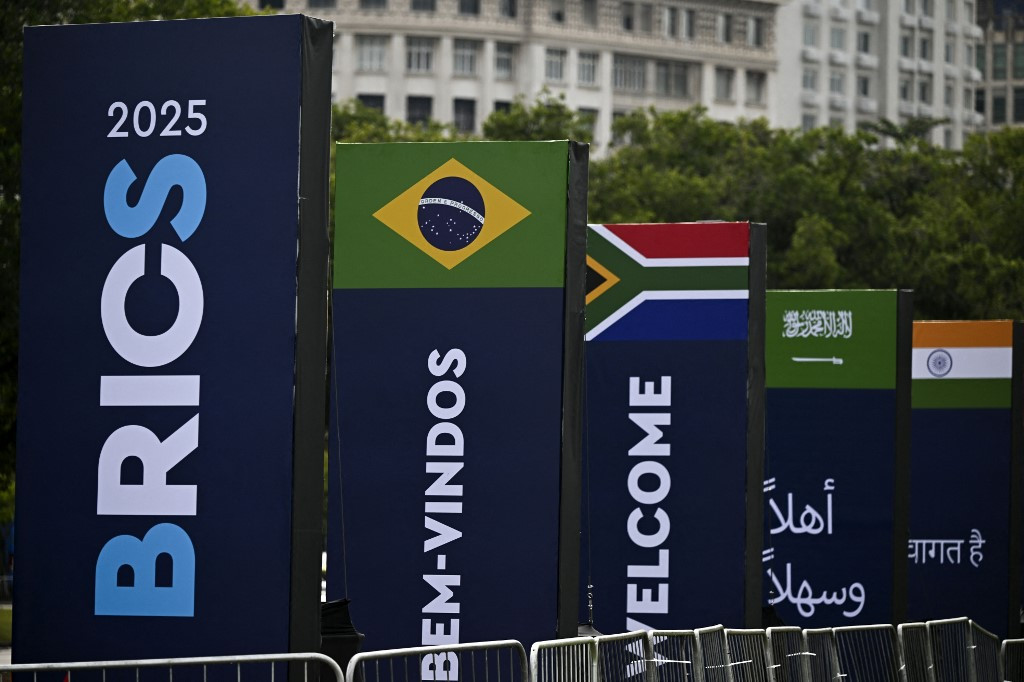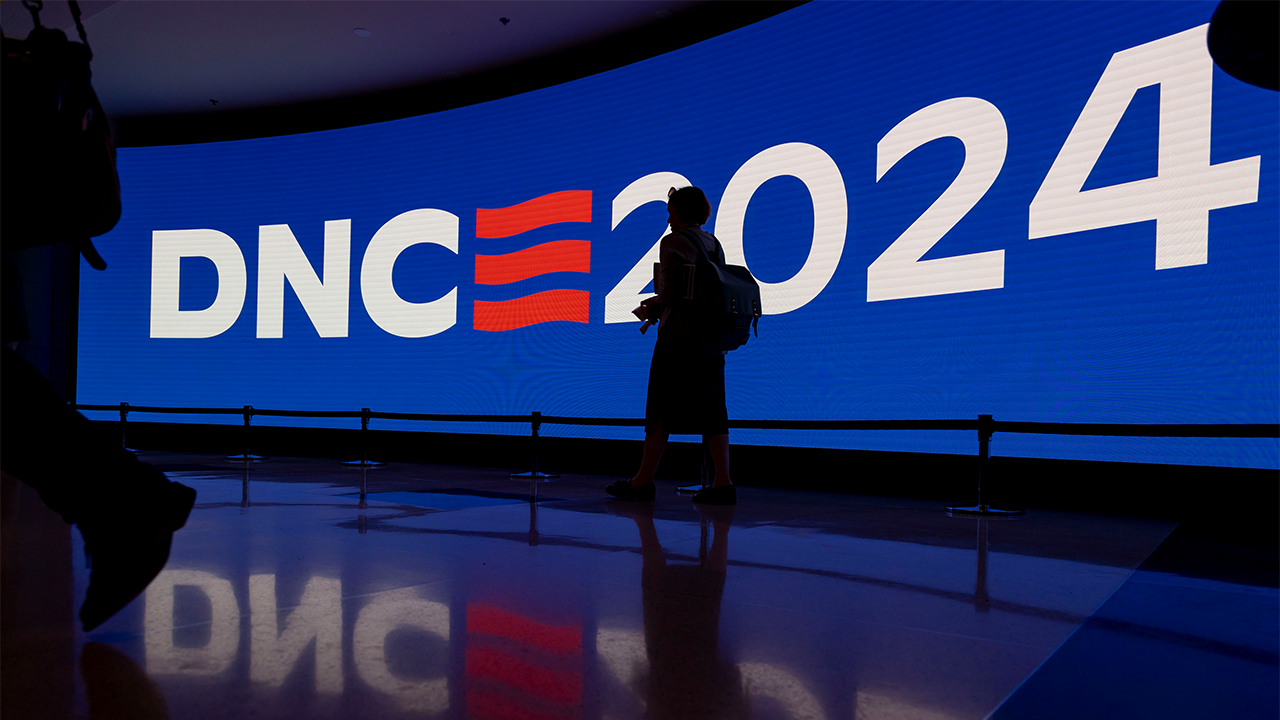BRICS Development Bank: A New Force Challenging the IMF's Dominance?

Indonesia's Deputy Finance Minister, Thomas Djiwandono, has asserted that the newly established BRICS Development Bank will operate distinctly from the International Monetary Fund (IMF). This statement comes amidst growing calls from BRICS nations – Brazil, Russia, India, China, and South Africa – for a shift away from the IMF’s perceived European bias and a more equitable global financial architecture.
The BRICS bank, officially launched in 2015, represents a significant challenge to the traditional dominance of Western-led financial institutions like the IMF and the World Bank. It aims to provide funding for infrastructure projects and sustainable development initiatives in developing countries, particularly within the BRICS bloc and across Africa and Asia.
Beyond the IMF Model: Key Differences
Djiwandono’s comments highlight several key differences between the BRICS bank and the IMF. While the IMF primarily offers loans and financial assistance to countries facing economic crises, often accompanied by stringent conditions, the BRICS bank focuses on long-term development projects. The IMF's conditional lending policies have often been criticized for imposing austerity measures that can negatively impact social programs and economic growth in borrowing countries. The BRICS bank, on the other hand, aims for a more collaborative and less intrusive approach, focusing on supporting sustainable development goals.
Furthermore, the IMF's governance structure has been a source of contention for many developing nations. The voting power within the IMF is heavily weighted towards Western countries, giving them disproportionate influence over policy decisions. The BRICS bank seeks to address this imbalance by giving greater representation to emerging economies and developing nations.
The Rise of a Multipolar Financial System
The emergence of the BRICS Development Bank signals a broader shift towards a more multipolar global financial system. With the increasing economic clout of emerging markets, there's a growing demand for alternative financial institutions that are more responsive to the needs of developing countries. The BRICS bank is not intended to replace the IMF, but rather to complement it and provide a much-needed alternative source of funding and expertise.
Indonesia, as a key emerging economy, is keenly observing the BRICS bank’s development and its potential impact on global financial stability. Djiwandono's statement underscores Indonesia's commitment to supporting a more inclusive and equitable international financial order.
Challenges Ahead
Despite its ambitious goals, the BRICS bank faces several challenges. Ensuring effective governance, coordinating policies among its member states, and attracting high-quality projects will be crucial for its success. The bank’s lending practices and risk management strategies will also be closely scrutinized by international observers.
However, the BRICS Development Bank’s emergence represents a significant moment in the evolution of the global financial landscape, potentially reshaping the dynamics of international development finance and challenging the established dominance of Western institutions. It remains to be seen how this new force will impact the IMF and the broader global economy, but its presence undoubtedly adds a new layer of complexity and opportunity to the international financial system.






